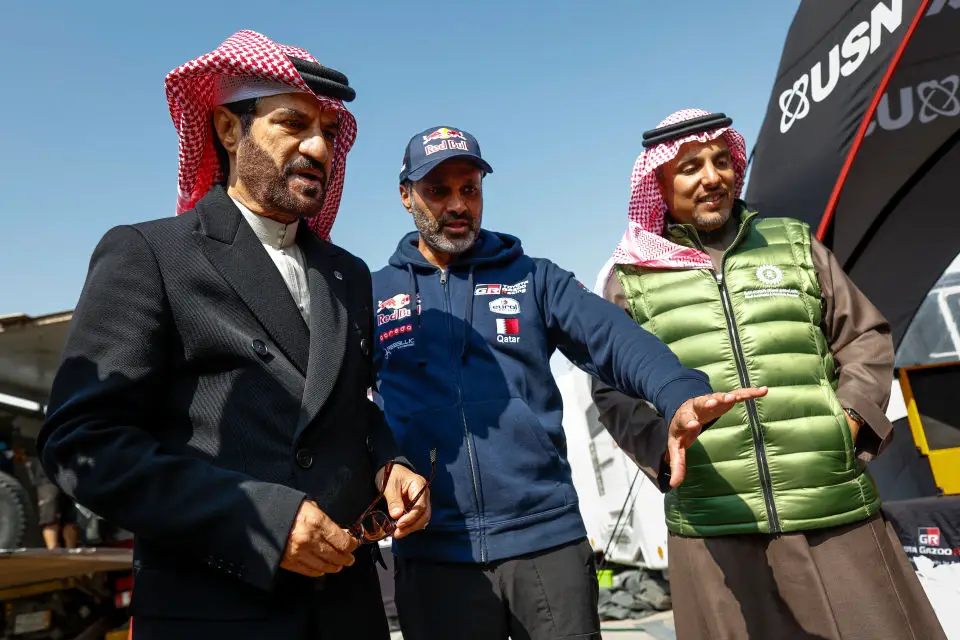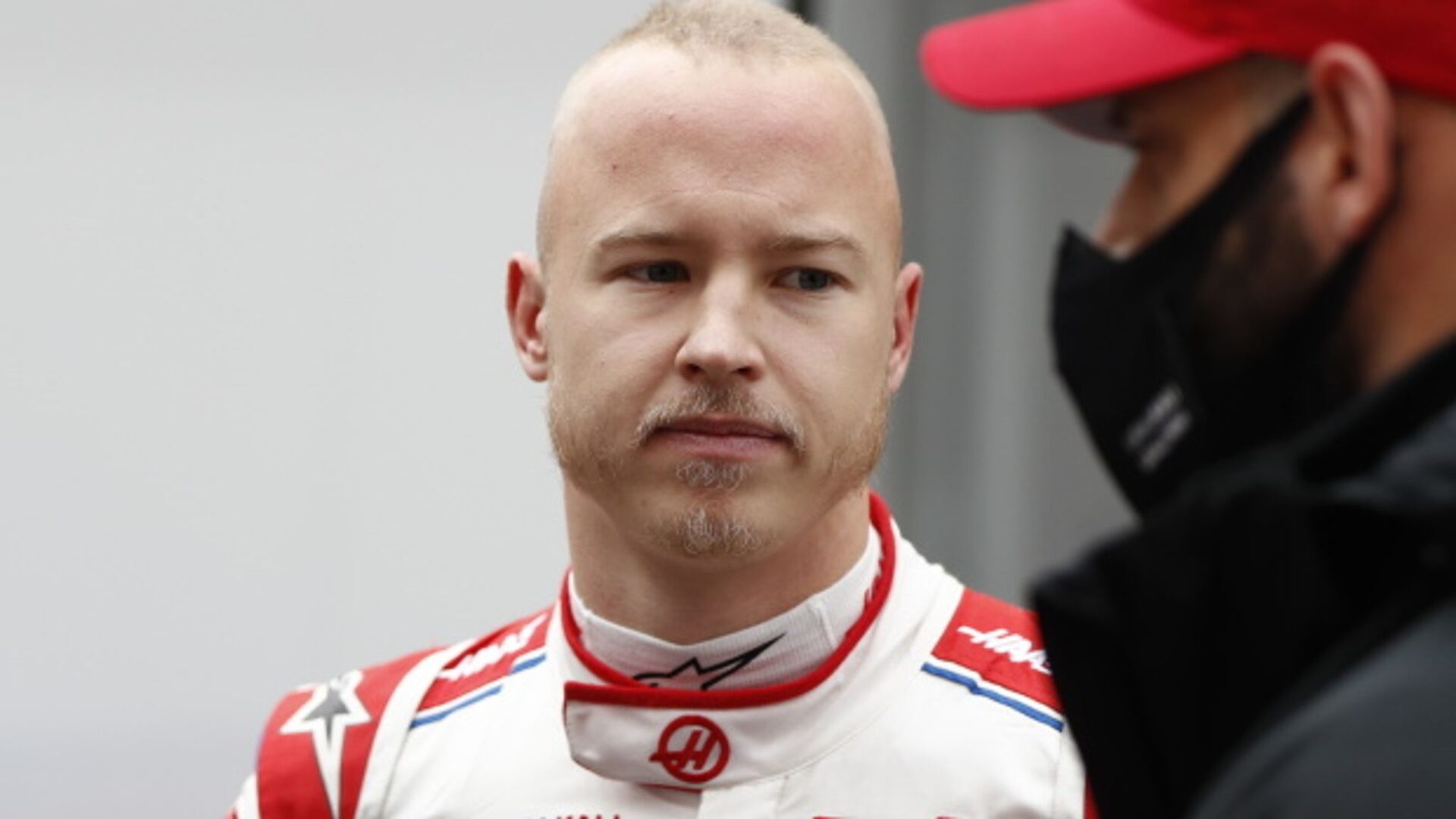FIA Announces New F1 Commissioner Dieter Rencken, Eyeing Strategic Revamp in Grand Prix Racing
The Federation Internationale de l’Automobile (FIA) has made a significant move by appointing Dieter Rencken, a seasoned journalist and advisor to FIA President Mohammed Ben Sulayem, as the new F1 Commissioner. This strategic appointment aims to bolster F1’s governance and strategic planning ahead of the implementation of the new Concorde Agreement in 2026.
Key Takeaways:
- Strategic Appointment: Dieter Rencken, a former journalist and advisor to FIA President Mohammed Ben Sulayem, has been appointed as the new F1 Commissioner. This move is seen as a step towards strengthening the strategic framework and operational effectiveness of Formula 1.
- Role and Responsibilities: Rencken’s role involves assisting in the formation of the new Concorde Agreement and contributing to the overall improvements in F1. Reporting directly to Ben Sulayem, his involvement is crucial for the future direction of the sport.
- Historical Context and Future Outlook: The role of an F1 Commissioner was proposed during Jean Todt’s presidency but remained unfulfilled until now. Ben Sulayem’s decision underscores the evolving needs of F1, particularly in negotiating the new Concorde Agreement, balancing technical and commercial aspects of the sport.

The recent appointment of Dieter Rencken as the F1 Commissioner marks a pivotal moment in the history of Formula 1. This decision by the FIA reflects a clear intention to refine and elevate the sport’s strategic direction. Rencken, a former journalist with deep insights into the world of Formula 1, has been closely associated with Mohammed Ben Sulayem, the FIA president, serving as his advisor for several months. His transition to the role of F1 Commissioner is not just a change of position but a significant strategic move for the sport.
Rencken’s primary responsibilities will include assisting in the development and implementation of strategies for Formula 1. His expertise will be invaluable in the formulation of the new Concorde Agreement, a critical document that outlines how Formula 1 is run and is expected to come into effect in 2026. The significance of this agreement cannot be overstated, as it will shape the future of the sport in terms of governance, financial distribution, and technical regulations.
The concept of an F1 Commissioner was initially proposed by former FIA president Jean Todt in 2009. However, the plan was deferred for various reasons, including the challenge of finding a suitable candidate who would work for a non-profit organization like the FIA. Todt once stated, “We need to find somebody who is willing to give his time, with his capacity, almost free of charge. It is something that makes the choice more difficult but we are at quite a good point, and for me I prefer to wait a few months and have the profile I want to find rather than rush to fill the position.” This highlights the challenges faced in finding the right person for this crucial role.
Furthermore, Todt believed that Bernie Ecclestone, the then F1 supremo, was sufficiently capable of handling the responsibilities, rendering the need for a separate commissioner redundant at the time. However, with the evolving landscape of Formula 1, the need for a dedicated commissioner became more apparent.
President Ben Sulayem recently emphasized the importance of a collaborative approach and the need for a robust team to handle the complexities of the sport, especially in negotiating the new Concorde Agreement. He stated, “It’s not a one-man show. I always go to our team. If you asked me six months ago, I would have said I don’t have enough [of a] good team to negotiate this… So now today, I have a good team. It’s good to start now. But our house is not on fire. And the new Concorde Agreement should be fair to all of the three stakeholders: FIA, FOM, and the 10 teams, if they are still there. That’s where then I think we will feel good.”
Rencken’s appointment is a clear indication of the FIA’s commitment to strengthening the operational and strategic aspects of Formula 1. His experience and insights will be pivotal in guiding the sport through its next phase of evolution, ensuring that it remains competitive, sustainable, and exciting for fans around the world.

